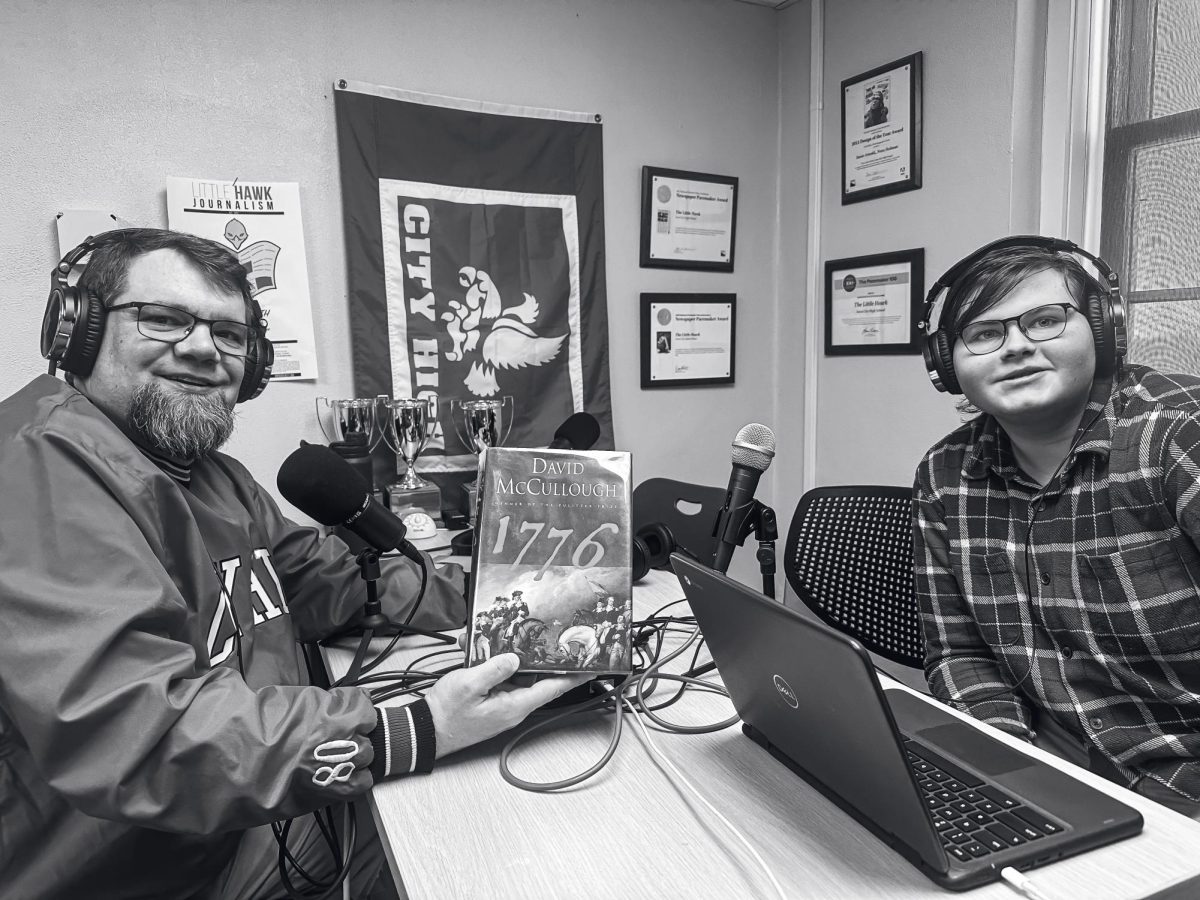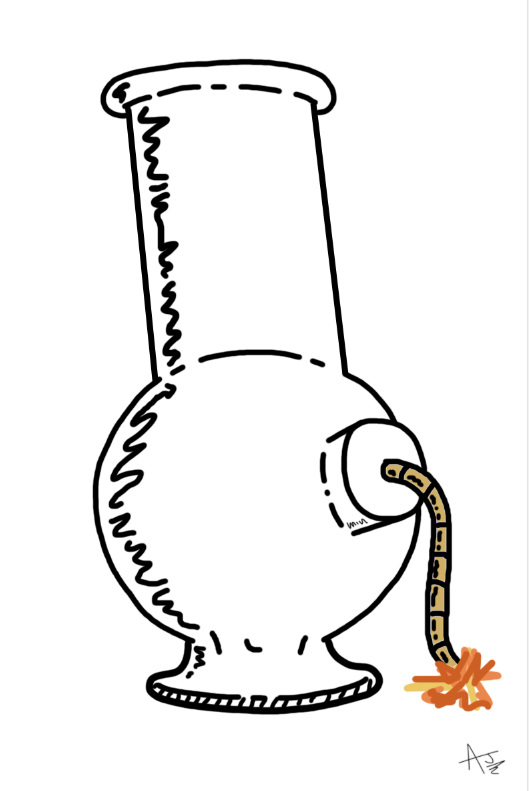A Deadly Case of Laziness
With deaths by opioid overdose rising every year, steps need to be taken by lawmakers toward a solution.
September 25, 2015
There’s a killer on the loose. Today in the USA, opiate overdoses kill more Americans than car crashes, and number is only going up. From 2001 to 2013, there was a fivefold increase in yearly heroin overdoses. Between 2010 and 2013, over 400 Iowans died from opiate overdose. The rise in death rates is a major cause for concern. However, there are steps that can be taken that the state government of Iowa, for no real reason other than a lack of public awareness and support, has not.
Naloxone, also called Narcan, is a drug that, if administered soon after consumption of a lethal dose of opioids, can reverse the effects of the opioids and effectively prevent an overdose. Someone in the midst or respiratory failure can be administered naloxone and be awake and breathing within minutes. It’s carried by first responders and law enforcement in many states across the country, and in other developed countries around the world. Scotland, after legalizing the drug to be sold over-the-counter in addition to being carried by first responders, reported that rates of opiate overdose among people just released from prison dropped from 9.8% in 2010 to 4.7% in 2013.
Naloxone, however, isn’t carried by first responders or paramedics in Iowa. As of today, there is no legislation in Iowa allowing the drug to be carried paramedics and/or sold over-the-counter. In addition, Iowa has no Good Samaritan Laws, which offer legal protections to citizens who act in an attempt to aid a victim if the victim suffers an injury while aid is being administered. Without these laws, calling 911 while with someone in the midst of an overdose can result in the arrest of the caller, which, naturally, makes people apprehensive to call 911 during these situations. However, not seeking medical help during an overdose severely reduces the user’s chance of survival. 911 Good Samaritan Laws make it possible for many who are overdosing to get the medical help they need to survive, which they wouldn’t receive otherwise. With drug-related deaths rising every year, these laws are a necessity. Bills have been presented in Iowa’s legislation, but haven’t passed, partly due to a lack of public pressure on lawmakers to bring up the issue.
Obviously, the death of anyone as a result of the failure of politicians is unacceptable. Iowans’ lack of access to naloxone has already had increasingly deadly results. Saving the life of even one person that would have otherwise died makes these laws worth having. Continuing to operate without naloxone and Good Samaritan laws is sure to lead to more people dying that could be saved. What else do lawmakers need?































